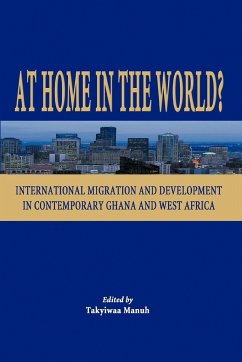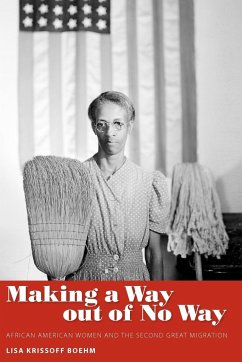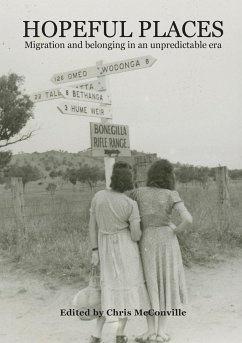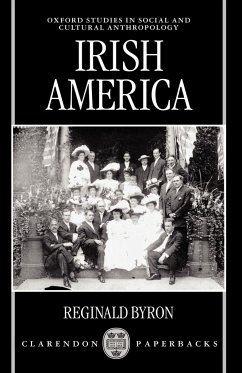
Andean Journeys
Migration, Ethnogenesis, and the State in Colonial Quito
Versandkostenfrei!
Versandfertig in 1-2 Wochen
34,99 €
inkl. MwSt.

PAYBACK Punkte
17 °P sammeln!
This account of the native peoples of Ecuador in the sixteenth and seventeenth century shows how they not only resisted, adapted, and survived Spanish colonization but reinvented themselves as a culture. Offered are both a revisionist treatment of the demographic history of Amerindian Ecuador and a clearer understanding of North Andean ethnogenesis. Powers's study of Andean population movements in the Audiencia of Quito from 1535 to 1700 shows that native migrations account for a population increase in Quito during a time when contiguous areas experienced a rapid decline in Indian population. ...
This account of the native peoples of Ecuador in the sixteenth and seventeenth century shows how they not only resisted, adapted, and survived Spanish colonization but reinvented themselves as a culture. Offered are both a revisionist treatment of the demographic history of Amerindian Ecuador and a clearer understanding of North Andean ethnogenesis. Powers's study of Andean population movements in the Audiencia of Quito from 1535 to 1700 shows that native migrations account for a population increase in Quito during a time when contiguous areas experienced a rapid decline in Indian population. Beyond reconstructing the movement of the native peoples, Powers also explores how migration changed the lives of Indians and Spaniards. The migratory flow from native communities to Spanish cities, textile mills, and haciendas resulted in a constantly mutating colonial world. For elite Spaniards, the migrations meant the near collapse of the tribute and forced labor system, while nonelite Spaniards were able to take advantage of the alternative labor supplied by the migrant Indians, resulting in social mobility and the formation of new classes. For Indians, the migrations were initially a survival strategy but ended in the decline of the traditional chiefdom. A key finding of the study is that Ecuadorean Indians achieved cultural survival by reconstructing Andean lifeways inside the sites to which they migrated. "A truly outstanding, important work."--Susan E. Ramírez, DePaul University












